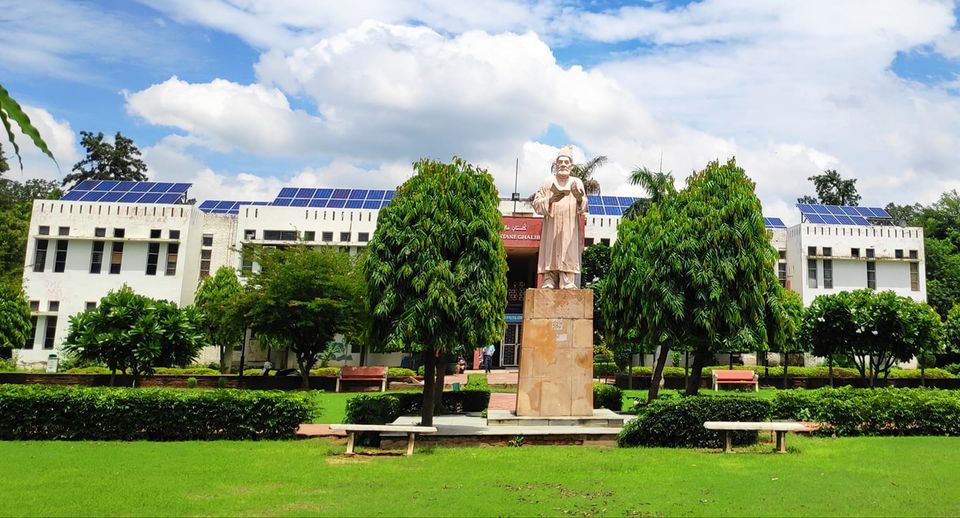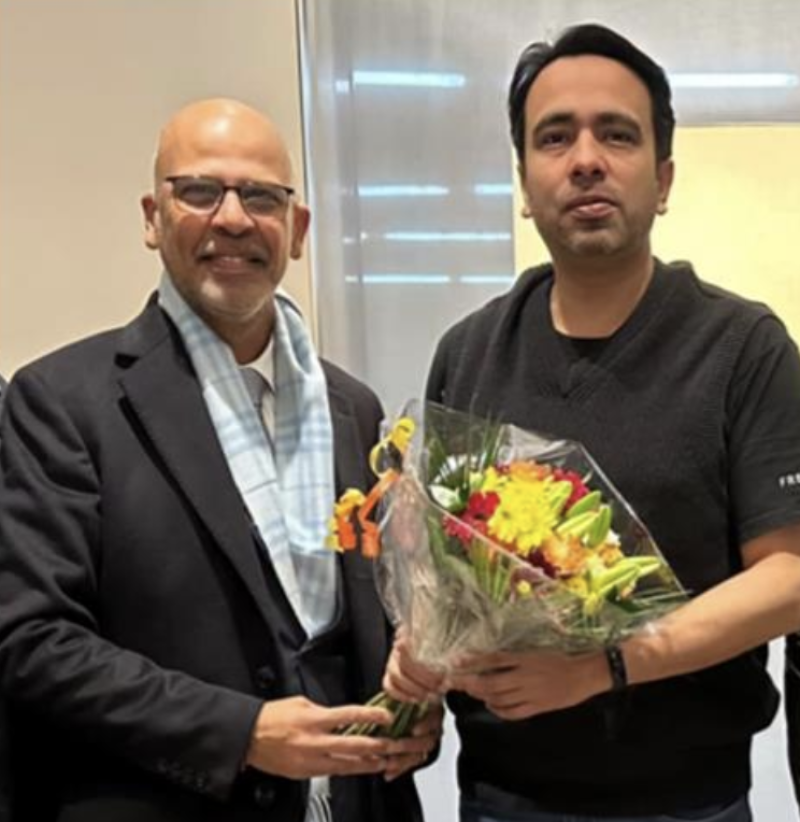The Centre for the Study of Social Inclusion (CSSI), Jamia Millia Islamia (JMI) successfully hosted a one-day workshop on the theme “Indian Knowledge System” on Monday, January 20, 2025, under the visionary initiative of Viksit Bharat @2047. The event highlighted the significance of India’s rich intellectual heritage and its relevance in shaping a sustainable and inclusive future. The workshop was organized keeping in mind the UGC mandate for the Centre and in accordance with its vision and mission. The support and vision of the Hon’ble Vice Chancellor of JMI, Prof. Mazhar Asif and the Registrar Prof. Md. Mahtab Alam Rizvi, played a pivotal role in facilitating this significant academic event.
Dr. Mujibur Rehman formally introduced the panelists to the audience and Director of the Centre, Dr Tanuja warmly welcomed the participants and the panelists. In her welcome address, she emphasized on the comprehensive study of the different themes of Indian knowledge to facilitate a bridging gap of ancient and modern perspectives on IKS as outlined in the National Education Policy (NEP) 2020. Dr. Tanuja further underscored the potential of such initiatives to foster authentic research and innovation in the field, addressing contemporary challenges and concerns of the 21st century.
The workshop was graced by Prof. Mohd. Muslim Khan, Dean, Faculty of Social Sciences, JMI, who was the Guest of Honor. The event also featured three distinguished speakers who shared their insights on various aspects of the Indian Knowledge System.
The first speaker, Prof. Anita Rampal, emphasized that the Indian Knowledge System cannot be confined to a singular framework due to the immense diversity in our country. She highlighted the Importance of incorporating and celebrating knowledge from various regions of the nation while critically examining pseudoscience and belief systems that perpetuate unscientific thinking.
Prof. Charu Gupta presented a basic understanding of Hindu identity and its historical evolution. She emphasized that the idea of being Hindu has been deeply heterogeneous, shaped by diverse practices and interpretations over time. Drawing from her latest book, Hindi, Hindu, and Histories, Professor Gupta highlighted the fluidity of social constructs such as marriage, particularly the instances where it transcended caste boundaries, challenging rigid societal norms.
Finally, Prof. Aniket Sule highlighted the importance of cherishing indigenous knowledge while cautioning against glorifying the past without evidence. He also addressed the widespread misconceptions in society about the Indian Knowledge System, highlighting the need for a change in this understanding. He concluded by noting the development of knowledge through extensive exchanges of information with the Greeks, Arabs, and Chinese.
The Guest of Honor, Dean of the Faculty of Social Sciences, praised the initiative taken by the Centre for the Study of Social Inclusion in organizing this pioneering workshop on the topic. He noted that the Indian Knowledge System (IKS) is not a new discovery but is deeply rooted in our scriptures. He emphasized the need for research and discussions to make it relevant to a progressive and inclusive future. He concluded with the need of making knowledge useful for the masses through industrialization and mechanization.
The workshop concluded with a vibrant interactive session where participants engaged in thought-provoking discussions, underscoring the importance of integrating traditional knowledge with modern educational practice and insightful remarks by Prof. Mohd. Muslim Khan, who emphasized the key takeaways and the significance of the discussions.
The formal vote of thanks was delivered by Dr. Arvind Kumar, expressing gratitude to the panelists, participants, and organizers for their contributions to the event’s success. The initiative not only celebrated the intellectual heritage of India but also aligned with the broader goals of Viksit Bharat @2047, aiming for an inclusive and developed nation.


